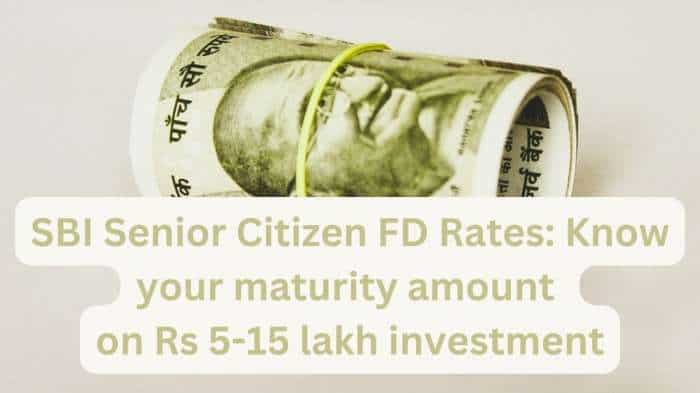Sebi eases KYC compliance guidelines
Under the new framework, KRAs can now verify PAN, name, address, email, and mobile number from official databases. If these details are found to be in order, they will be considered validated records, Ankit Ratan, Co-founder & CEO, Signzy said.
)
Markets regulator Sebi has decided to simplify the risk management framework for validating Know Your Customer (KYC) records through KYC Registration Agencies (KRAs), a move that will ensure ease of transacting for investors, experts said on Wednesday.
Under the new framework, KRAs can now verify PAN, name, address, email, and mobile number from official databases. If these details are found to be in order, they will be considered validated records, Ankit Ratan, Co-founder & CEO, Signzy said.
"The new framework is expected to address challenges faced by many investors while also ensuring the verification of investors' digital identities. With a growing number of investors embracing digital platforms for investment, verifying digital identities has become increasingly important," he added.
The exchanges, depositories, and relevant intermediaries are tasked with implementing necessary technical changes in their systems by May-end.
Mutual fund houses, broking firms, and portfolio management service providers will need to implement robust compliance tools and risk management frameworks to safeguard investor data privacy and security. This will help ensure that all investors are onboarded after identity verification.
KRA involves entities such as CAMS KRA, BSE KRA, NSE KRA, among others. These agencies are responsible for maintaining the KYC details of individuals, typically gathering information from brokers, exchanges, and intermediaries.
On Tuesday, Sebi simplified the risk management framework for ease of transacting by clients based on the feedback received from the stakeholders in the securities market. Simplifying the guideline, the regulator has modified the circular issued in October 2023.
In October last year, the verification process underwent an update, invalidating proofs of address such as ration cards, electric bills, or scanned Aadhar cards.
Presently, the mandate requires KRAs to verify certain attributes of client records within two days of receiving the KYC record, including Permanent Account Number (PAN), name, and address.
"Going forward, the client's records verified by KRAs with official databases (Income Tax Department database on PAN, Aadhaar XML, Digilocker or M-Aadhaar) will be considered 'validated records'. Individuals with invalid documentation will not be permitted to trade in the securities market," Feroze Azeez, Deputy CEO of Anand Rathi Wealth, said.
This initiative by Sebi serves to safeguard investor interests in securities and foster the development and regulation of securities markets, representing a significant step forward in consumer protection, he added.
Signzy Ratan said that Sebi's move will ensure the protection of investor interests in the capital market and promote the development of security markets. It represents a significant step towards enhancing digital trust and creating a secure digital environment for investors.
Get Latest Business News, Stock Market Updates and Videos; Check your tax outgo through Income Tax Calculator and save money through our Personal Finance coverage. Check Business Breaking News Live on Zee Business Twitter and Facebook. Subscribe on YouTube.
RECOMMENDED STORIES

SIP Calculation at 12% Annualised Return: Rs 10,000 monthly SIP for 20 years, Rs 15,000 for 15 or Rs 20,000 for 10, which do you think works best?

FD Rates for Rs 10 lakh investment: Compare SBI, PNB, HDFC, ICICI, and Post Office 5-year fixed deposit returns

LIC Saral Pension Plan: How much should you invest one time to get Rs 64,000 annual pension for life?

SIP Calculation at 12% Annualised Return: Rs 1,000 monthly SIP for 20 years, Rs 4,000 for 5 years or Rs 10,000 for 2 years, which do you think works best?

SBI Senior Citizen FD Rates: Know your maturity amount for investments ranging from Rs 5 lakh to Rs 15 lakh in 1 year, 3-year and 5-year, calculations inside
03:19 PM IST









